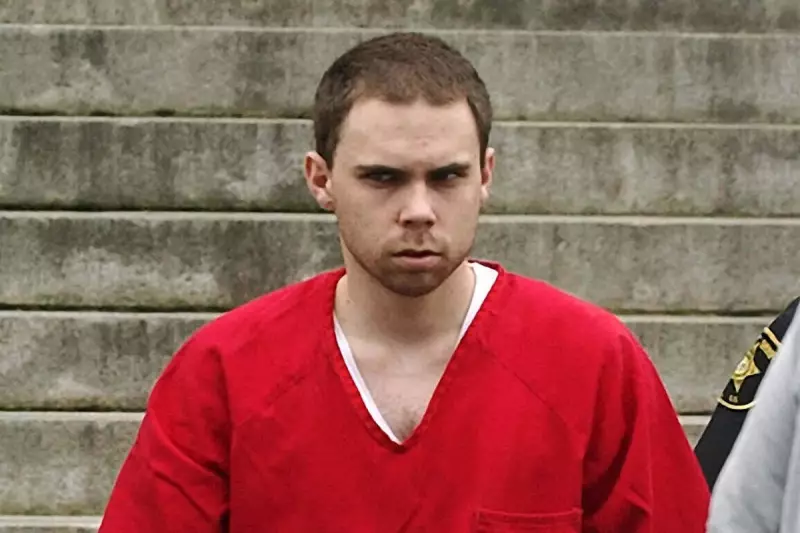
Firing Squad Execution Looms for Triple Murderer
A convicted murderer in South Carolina is scheduled to be executed by a firing squad on Friday evening, a method that has seen a controversial revival in the United States. Stephen Bryant, 44, was condemned for killing three people during a five-day spree in 2004. His execution is set for 6 p.m. at the Broad River Correctional Institution in Columbia.
With no legal appeals remaining, Bryant's last chance for survival rests on a clemency decision from the state's governor, which is expected to be announced mere minutes before the execution is due to commence. No governor in South Carolina has granted clemency since the federal reinstatement of the death penalty in 1976.
The Grisly 2004 Murders
The crimes for which Bryant was sentenced to die were particularly brutal. In October 2004, he arrived at the secluded home of Willard “TJ” Tietjen in rural Sumter County, claiming to have car trouble. Once inside, he shot Tietjen multiple times.
In a chilling act, Bryant then answered Tietjen’s ringing phone, informing both the victim's wife and daughter that he was a prowler and that he had killed him. Investigators stated that after the shooting, Bryant burned Tietjen’s eyes with cigarettes and used his blood to paint taunting messages on the walls, including the phrase “catch me if u can.”
Bryant also admitted to killing two other men in a similar manner. He offered them rides and, when they stopped to urinate by the roadside, he shot them in the back. During the ensuing manhunt, authorities warned local residents to be wary of strangers asking for assistance.
His defence lawyers argued that Bryant was deeply troubled in the months leading up to the killings. They said he had begged his probation agent and his aunt for help, tormented by memories of being sexually abused as a child by a group of relatives. His coping mechanisms reportedly involved using methamphetamine and smoking joints laced with insecticide.
The Return of the Firing Squad
The use of the firing squad, a method with a long and often violent history globally, has been reintroduced in the US as states grapple with problems in other execution methods. Some lawmakers argue it is the quickest and most humane option available.
This argument has gained traction due to a number of botched executions involving lethal injection. South Carolina, like many other states, has faced significant challenges in obtaining the necessary drugs for lethal injections. This scarcity was a key reason behind a 13-year pause on executions in the state.
Executions resumed in September 2024. Since then, four men have been executed by lethal injection and two by firing squad. South Carolina is one of a handful of states where the electric chair remains a legal method of execution. Execution by firing squad is also legal in Idaho and is a backup method in Oklahoma and Mississippi.
Bryant will become the 43rd person executed in the US this year under court order. At least 14 other executions are scheduled for the remainder of 2025 and into next year. In South Carolina, he will be the 50th person put to death since the state reinstated capital punishment four decades ago.
Inside the Execution Chamber
The procedure for a firing squad execution is starkly regimented. At 6 p.m., a curtain will open in the death chamber, revealing Bryant to a small group of witnesses seated behind bulletproof glass.
He will be strapped into a chair, and a doctor will place a white square marked with a red bull’s-eye target over his heart. After any final statement is read, a prison employee will place a hood over Bryant's head. The employee will then pull open a black shade, revealing the firing squad.
Without any audible warning, three volunteer prison employees will fire high-powered rifles from a distance of 15 feet (4.6 metres). A doctor will examine Bryant within minutes and declare him dead.
This method, however, is not without potential for error. Lawyers for Mikal Mahdi, the last man executed by firing squad in South Carolina, claimed the shooters nearly missed his heart. They suggested that by only striking the bottom of the heart, Mahdi likely endured agonising pain for three to four times longer than if the shot had been direct.





